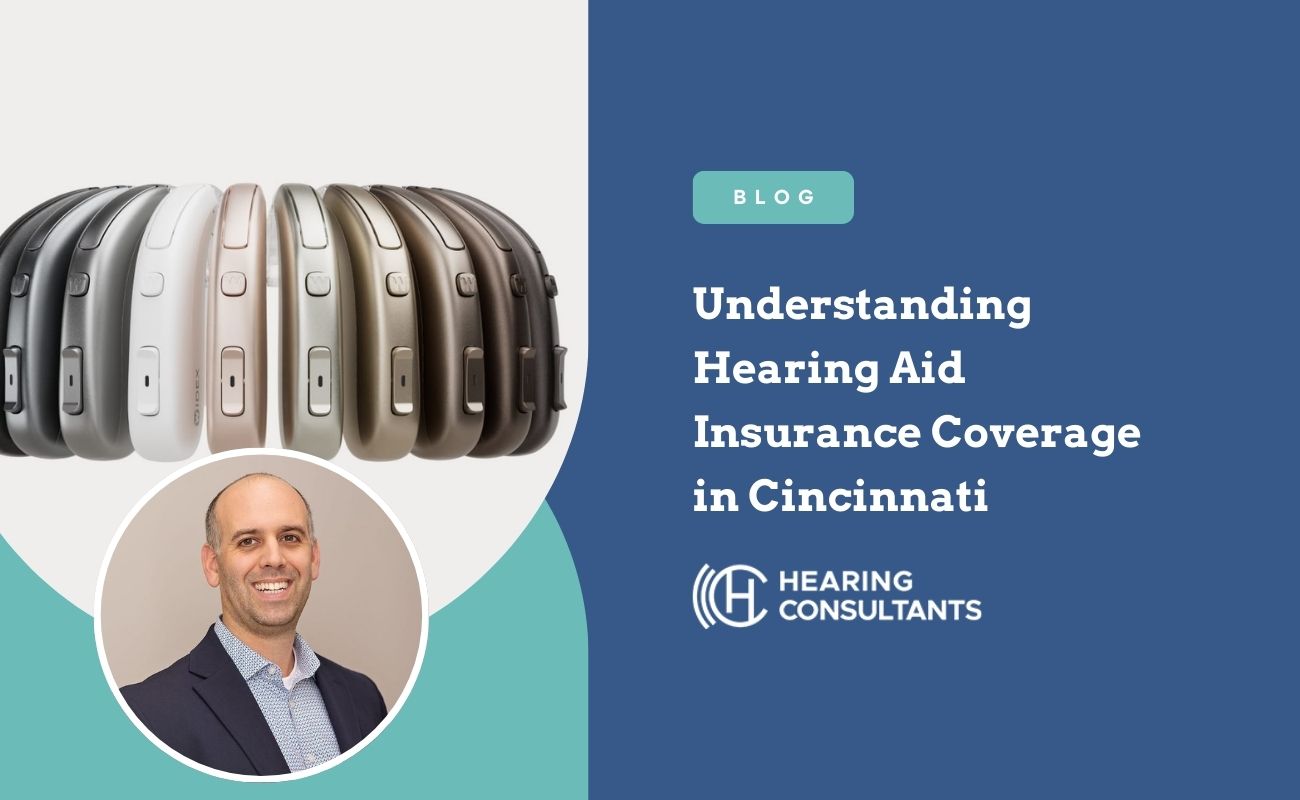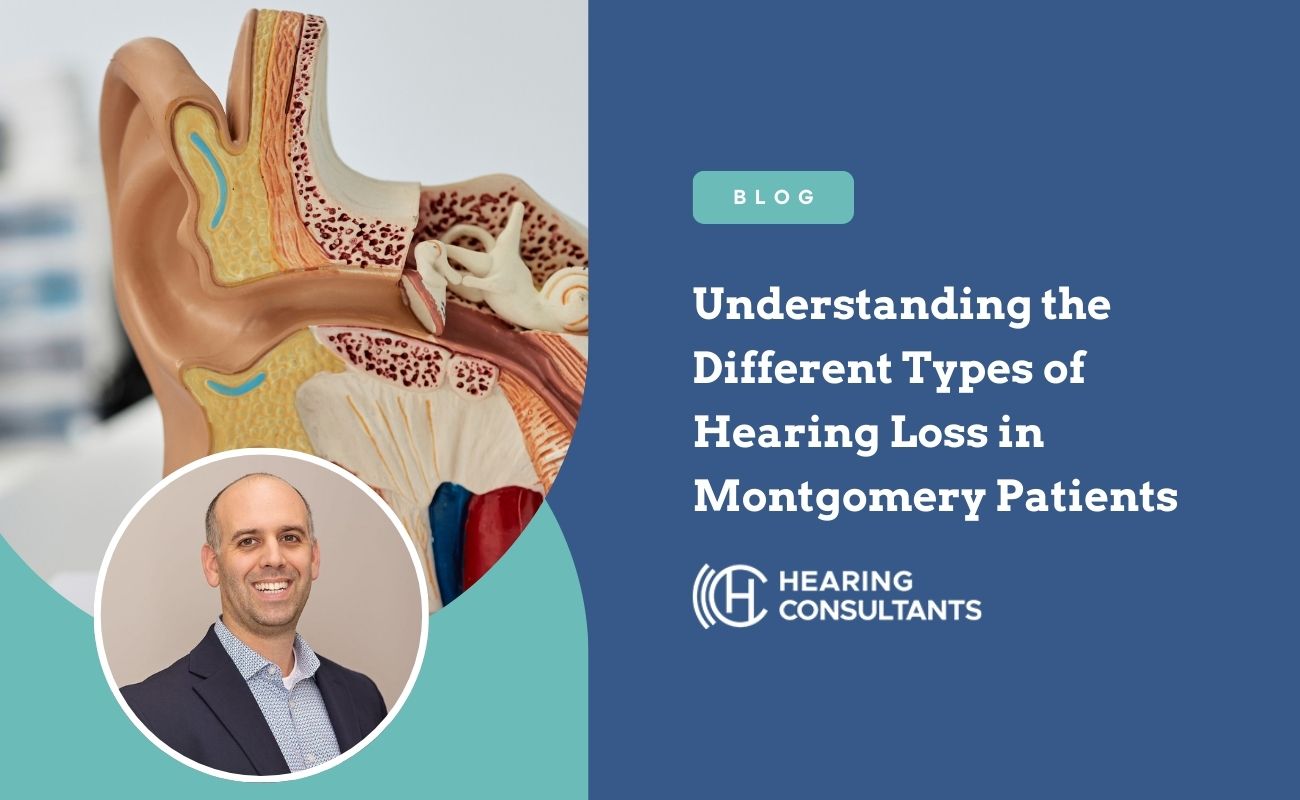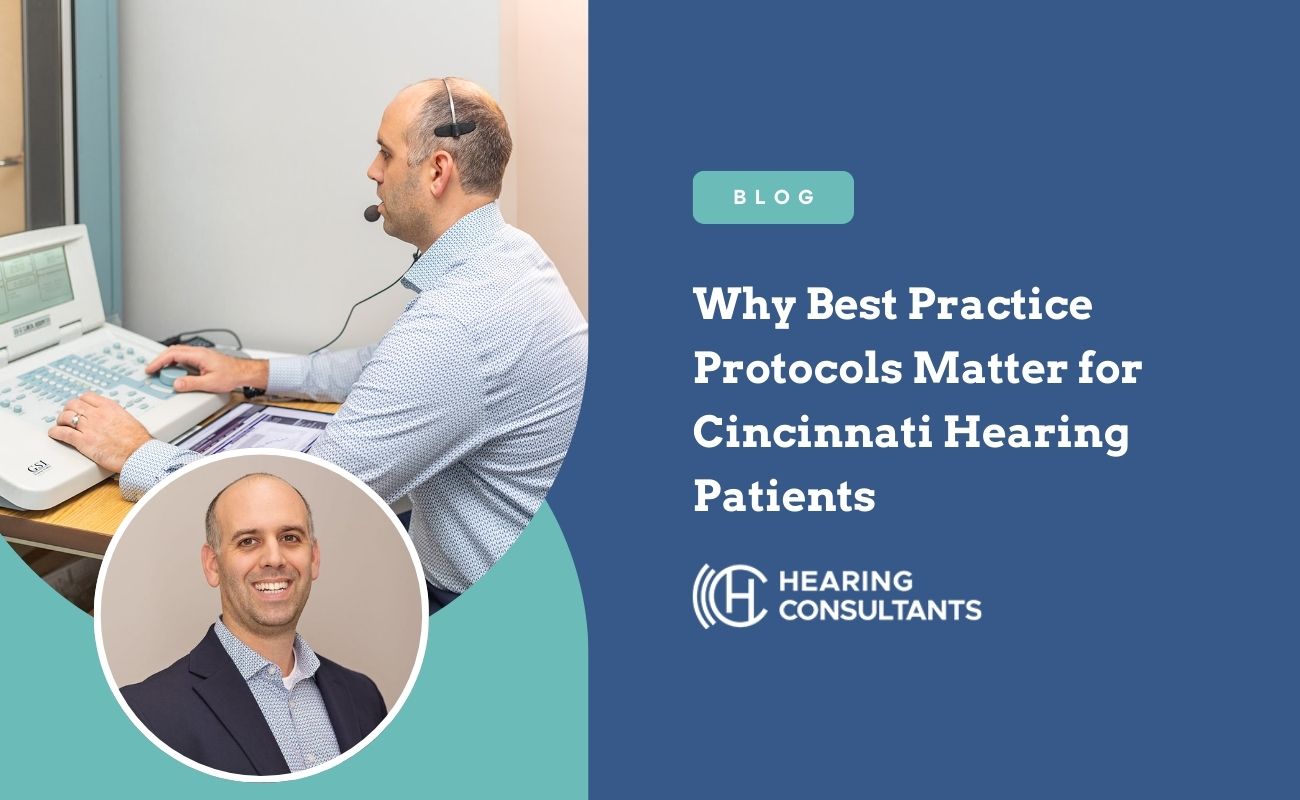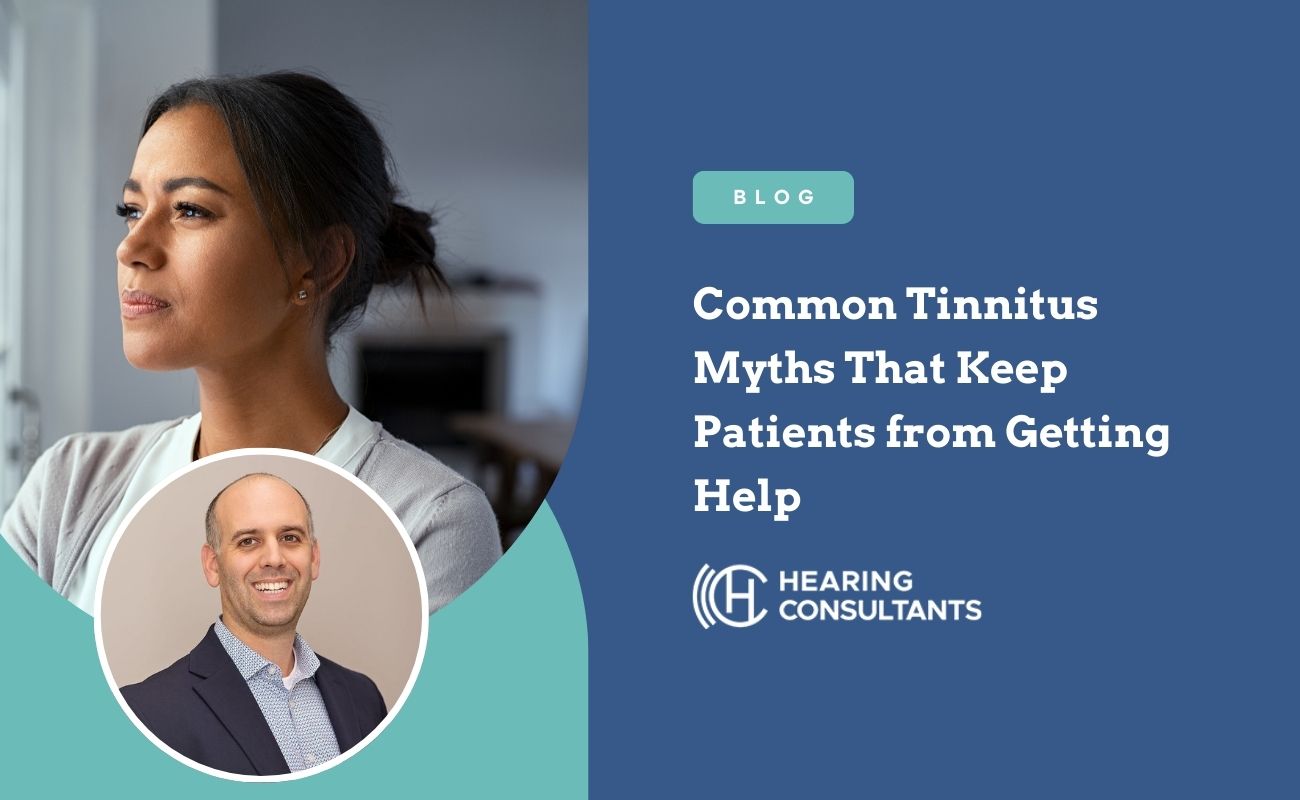A Possible Link Between Exercise & Reduced Risk for Hearing Loss
Do you love to exercise? Health experts tout the benefits for your body and your mind, however, a 2019 report from the Bureau of Labor Statistics claims only 19.3 percent of the U.S. population had a daily practice of exercise in the form of sports or a personal practice in 2019. This is alarming because regular exercise—even just taking a morning or after-dinner walk—can reduce the risk of heart disease, decrease depression, improve sleep, and aid in maintaining a healthy weight. To make an even more convincing case for regular exercise, a recent study suggests that exercise can also have a positive impact on your hearing health.
How Your Hearing Is Affected by Exercise?
It makes sense to many that exposure to loud sounds or even an ear infection could damage your hearing permanently, but how could an active lifestyle do the same? Well, our auditory system is incredibly complex and delicate. We rely on tiny hair-like cells in our inner ears called stereocilia to translate audio vibrations into electrical pulses which are then sent to our brains for processing. These cells rely on a healthy supply of blood to function. If the blood supply to the inner ear is decreased or stopped, it can cause the stereocilia to become damaged or destroyed, leaving behind permanent hearing loss. Because the heart is responsible for sending blood to the ears, it’s important to practice regular cardiovascular exercise to make sure that over time you don’t develop impedances such as high blood pressure, constricted blood vessels, heart attacks, or strokes.
A Study in Exercise & Hearing Loss
A study published in the Journal of Neuroscience in 2016 aimed to better understand the connection between regular exercise and hearing health. The study examined mice to determine the different hearing capabilities of those who were primarily inactive versus those that “exercised”. The researchers found that the hearing structures of mice who were sedentary suffered a far greater risk of hearing loss. Primarily they found that the stereocilia, as well as trial capillaries in their cochlea, were affected. Strial capillaries are responsible for delivering oxygen across the auditory system. The scientists reasoned that because the entire auditory system relies on a rich supply of oxygen, the risk of the hearing was most likely elevated. In addition, they reported that the more sedentary mice had fewer spiral ganglions, which are the nerve cells responsible for sending sound signals from the ear to the brain. They found that in comparison to active mice who experienced only a 5% risk of hearing loss, sedentary mice experienced an average of 20% hearing loss over their lifetime. With a 95% chance of healthy hearing for active mice, the researchers reasoned that this may be a clear translation to humans as well, as our auditory systems and inner ear structure are similar.
The Importance of Regular Exercise for Circulation
Getting your heart rate up as little as 30 minutes a day, three times a week or more can greatly improve not just your hearing health but your entire health, as a whole. Promoting healthy blood circulation through regular exercise promotes oxygen dispersed through your entire body systems, reducing inflammation which can damage the sensitive and fragile auditory system.
Healthy Hearing Habits During Exercise
If you are ready to start an exercise routine to improve your health and your mood you are going to want to make sure you do it safely. If you are new to a practice, it may be a good idea to get a trainer to help you develop a routine and make sure you don’t injure yourself when you are first starting. This means proper form and starting slow, but it also means practicing hearing safety.
Many people work out to loud music in aerobics studios or listen to headphones. Music energizes us and helps us make it through challenging workouts, while our favorite podcasts help keep us engaged on long solo walks. However, headphones can deliver decibels loud enough to damage hearing permanently in under 15 minutes. Don’t make a mistake and damage your hearing just when you are trying to improve your chances of hearing into your golden years.
Make sure to keep the level of your headphones below 60% capacity. You can still get inspired by what you love without dangerously blasting it. If you are concerned about your hearing, be sure to act now. Schedule a hearing exam with us today.
Get in touch with
Hearing Consultants
Contact our clinic to schedule an appointment today!







